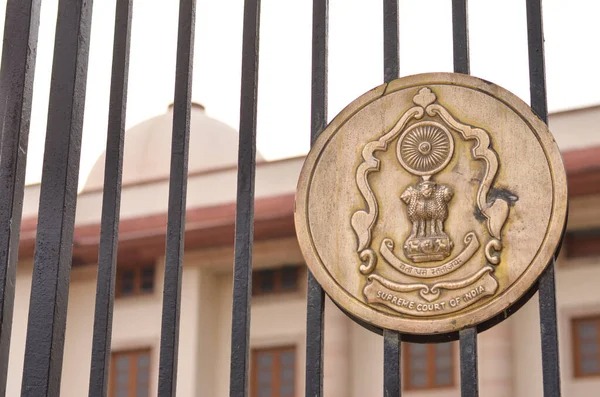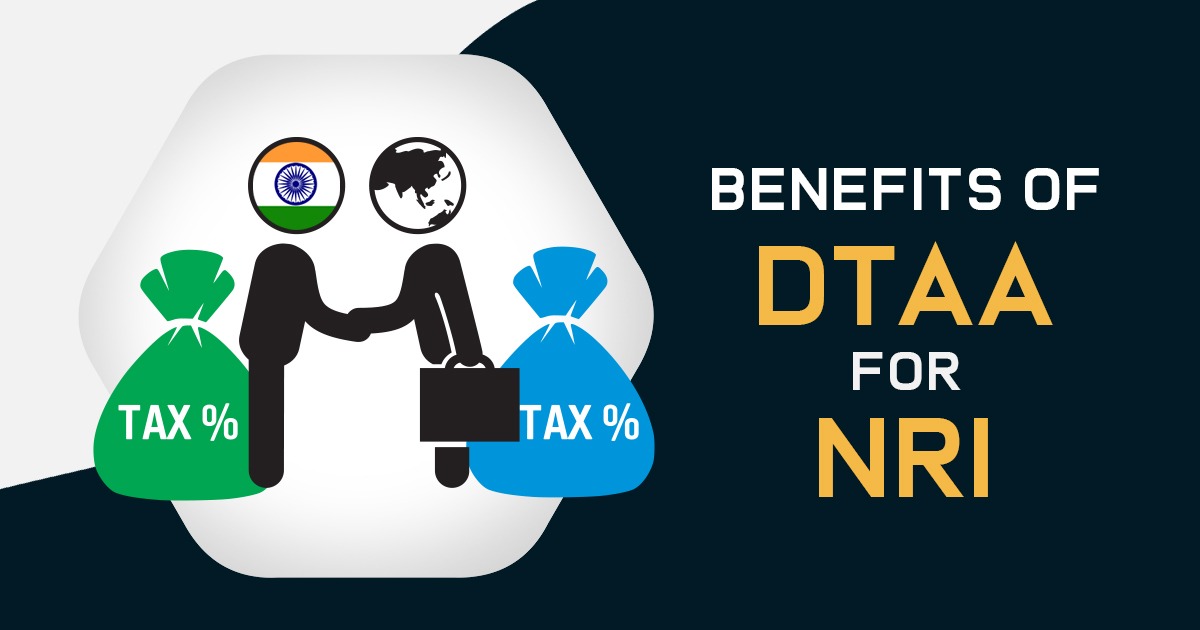Palok Basu, J.@mdashThis writ petition has been filed by Kalyan and five others with the prayer that suitable directions be issued quashing the judgment and orders dated 7-4-1989 and 15-12-1989 passed by the magistrate and the 2nd Addl. District and Sessions Judge respectively and to issue further directions so that the applicants are permitted to obtain suitable bail orders concerning Sections 307 and 452 IPC also.
2. The facts of the case are that on 3-3-1988 around 12 noon an incident took place when Lal Singh and Harphool were allegedly beaten by the accused. A first information report was consequently lodged under Sections 147, 148, 323, 324 and 307 IPC. The accused-applicants appeared before the court and made an application for bail and were bailed out by the order of the magistrate dated 23-3-1988 and 30-3-1988. In the meantime investigations were complete and a charge sheet was filed by the Investigating Agency under Sections 147, 148, 323 and 324 IPC.
3. Lal Singh, therefore, filed a complaint and on being satisfied from the allegations nade therein and the statements of the complainant and his witnesses recorded u/s 200 and 202 Code of Criminal Procedure prima facie offences under Sections 147, 148, 323, 324, 452 and 317 IPC were made out, the magistrate concerned summoned the accused-applicants under those Sections by an order dated 7-4-1989. The summoning order was challenged by way of revision which has been dismissed by the Second Additional District Judge on 15-12-1989, hence this writ petition.
4. Certified copies of the relevant orders have already been filed and Sri Devendra Kumar, and Sri R.N. Sharma, Learned Counsel for the Petitioners and Sri D.K. Dewan, learned Standing Counsel for the State of Uttar Pradesh have been heard. Both the Learned Counsel for the parties agree that on the strength of the certified copies already filed, this writ petition can be finally disposed of today.
5. The right of a complainant to agitate the matter through a complaint cannot be taken away by filing a charge sheet by the Investigating Officer under some different sections. It follows, therefore, that the right of the magistrate to summon the accused under some other Sections than under which the accused have been charge-sheeted is fully secured by the provisions of Code of Criminal Procedure. This power of the Magistrate is a salutary power and the purpose behind it appears to be that no injustice is done at the investigation level. Therefore, the summoning order dated 7-4-1989 which was based upon the material produced by the complainant does not call for interference. Similarly, the revisional order also is quite in accord with law and has to be upheld. This writ petition, therefore, must fail insofar as quashing of these two orders are concerned.
6. The other limb of the argument is equally important and must be taken note of. Sri Sharma strongly contended that for the purposes of invoking bail provisions parity should be brought in concerning the two cases -- one instituted on the charge-sheet and the other through the complaint -- keeping in view the provisions contained in sub-section (2) of Section 210 Code of Criminal Procedure. It will be useful to quote Section 210 Code of Criminal Procedure here :
210. Procedure to be followed when there is a complaint case and police investigation in respect of same offence: --
(1) When a case instituted otherwise than on a police report (hereinafter referred to as a complaint case), it is made to appear to the Magistrate, during the course of the inquiry or trial held by him, that an investigation by the police is in progress in relation to the offence which is the subject-matter of the inquiry or trial held by him, the Magistrate shall stay the proceedings of such inquiry or trial and call for a report on the matter from the police officer conducting the investigation.
(2) If a report is made by the investigating officer u/s 173, and on such report cognizance of any offence is taken by the Magistrate against any person who is an accused in the complaint case, the Magistrate shall inquire into or try together the complaint case and, the case arising out of the police report as if both the cases were instituted on a police report.
(3) If the police report does not relate to any accused in the complaint case or if the Magistrate does not take cognizance of any offence on the police report, he shall proceed with the inquiry or trial, which was stayed by him, in accordance with the provisions of this Code.
In this view of the matter the bail order which was passed in favour of the accused-Petitioners should continue to hold good so long as the Petitioners do not surrender within the time allowed and apply for bail before the competent court as regards the added Sections 452 and 307 IPC. It goes without saying that they are enjoying the liberty concerning the other Sections of the Indian Penal Code which have been levelled against them through the charge sheet. It may be noted that there is no allegation of abusing or misusing the bail granted already.
7. In view of the aforesaid discussion it is hereby directed that the accused-Petitioners Kalyan, Hari Singh, Ikramuddin, Ompal Singh, Rajvir and Kanwarpal involved in complaint case No. 1401/7/1989 and State Case No. 487 of 1988 of the Court of Chief Judicial Magistrate, Muzaffarnagar, shall surrender before the C.J.M. and make an application for filing a bail application before the competent court, then the C. L M. will grant them one month�s time within which the Petitioners-accused shall be at liberty to move an application for bail concerning the two added Sections 307 and 452 IPC before the competent court. If such bail application is made before the competent court, it will be decided expeditiously and, if possible, on the day it is moved. It will be open to the competent court to ask for fresh bonds concerning the added sections.
8. With the aforesaid observations this writ petition is hereby dismissed. A certified copy of this order shall be furnished to the Learned Counsel for the parties on payment of usual charges within three days.

